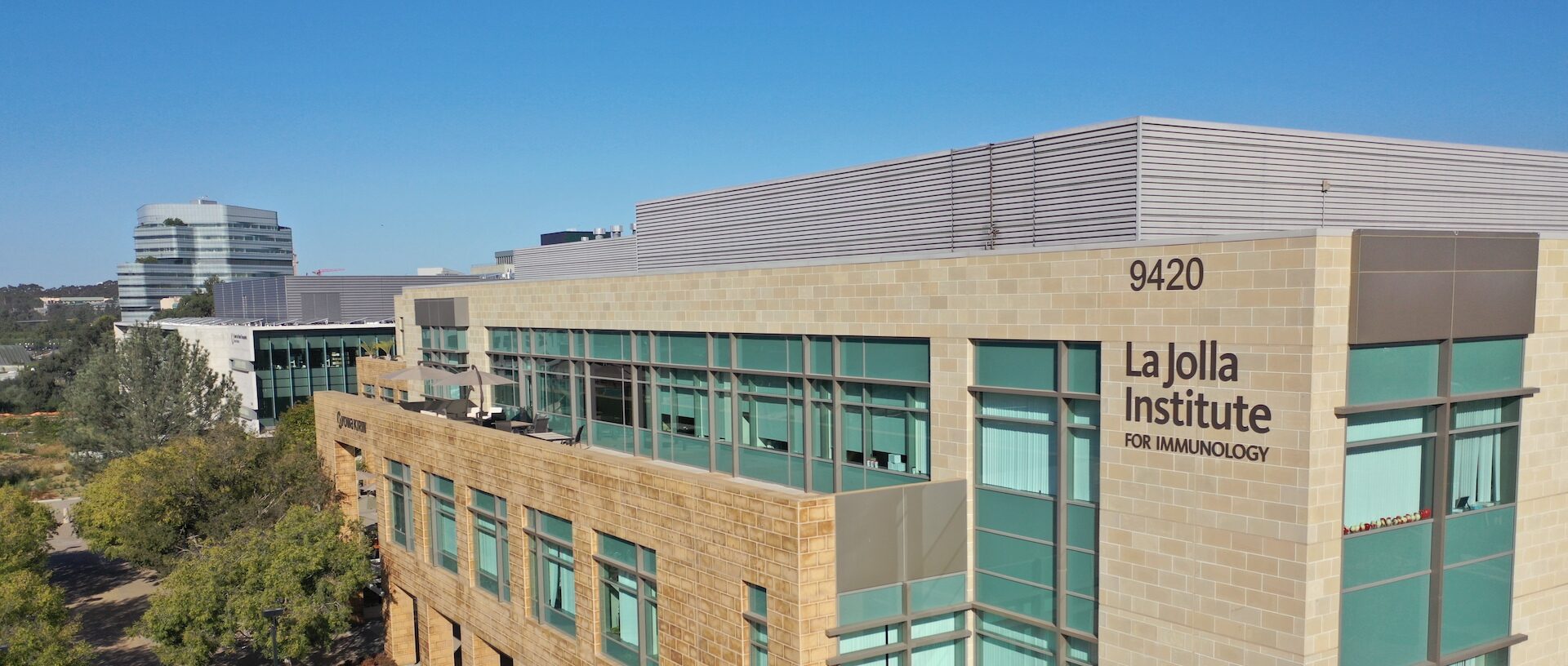Beneath an outwardly quiet demeanor, Dr. Sabouri hides a fearless and adventurous spirit that led her halfway around the world. Born in Iran’s northeast corner, Dr. Sabouri grew up speaking Turkish and Farsi. From junior high to her master’s studies, she concentrated on her education with a laser-sharp focus to improve her odds of being accepted into an international Ph.D. program. “I felt that job opportunities for scientists in general, not just female scientists, were limited,” she explains.

Instead of taking the literal “easy way out,” Dr. Sabouri went to Japan and joined the lab of an eminent immunologist, Professor Tasuku Honjo, M.D., Ph.D., at Kyoto University. “It was the most challenging thing I’ve ever done,” she says.
“Japanese culture is lovely but it is just so different. If you can survive in Japan, especially completing your Ph.D., you can survive anywhere else,” she adds with a laugh. By the time she received her doctoral degree from Kyoto University, she spoke Japanese and had learned how to read and write most commonly used Japanese characters.
But all along, Dr. Sabouri’s plan was to eventually move to the U.S. She specifically searched for places where she could continue her immunology research and ended up with a list of around 30 institutes and universities. “I quickly decided that La Jolla Institute was the best place for me,” she says. “The fact that it had been voted ‘Best place to work in academia’ certainly helped.”
Dr. Sabouri joined the lab of Dr. von Herrath, whom she had first met when she attended summer school at Riken Institute in Yokohama as a graduate student. She is interested how viral infections, particularly herpesvirus 6, contribute to the pathogenesis of type 1 diabetes, an autoimmune disease that destroys insulin-producing beta cells in the pancreas. “It is thought that both genetic and environmental factors, such as viral infections, may trigger the disease. However, little is known about the involvement of herpesviruses,” she explains.
When she is not hunting for viral footprints in pancreatic tissues, Dr. Sabouri challenges herself to learn how to play setar, a traditional Persian string instrument, explore San Diego, travel to the other states in the U.S., and add new languages to her ever-growing repertoire—most recently Swedish.


